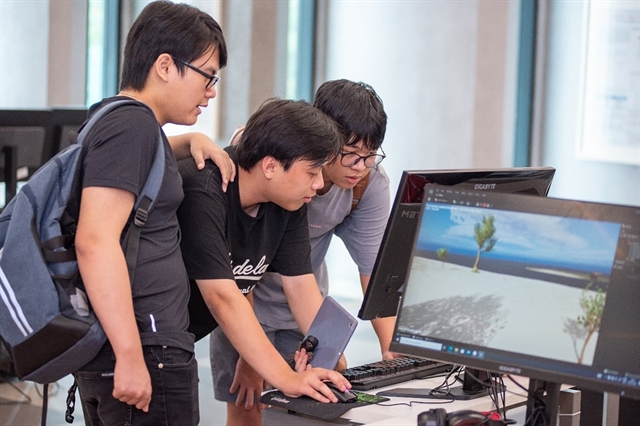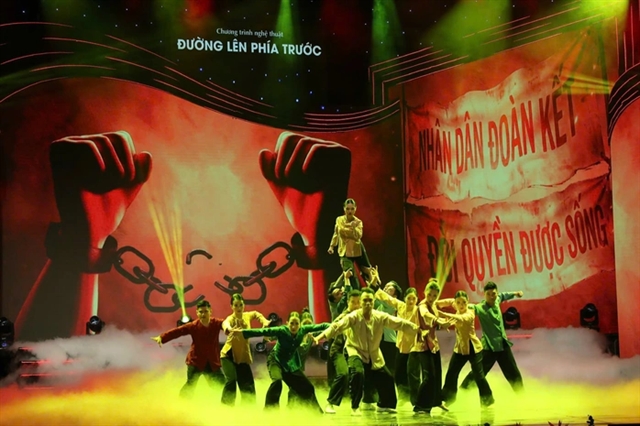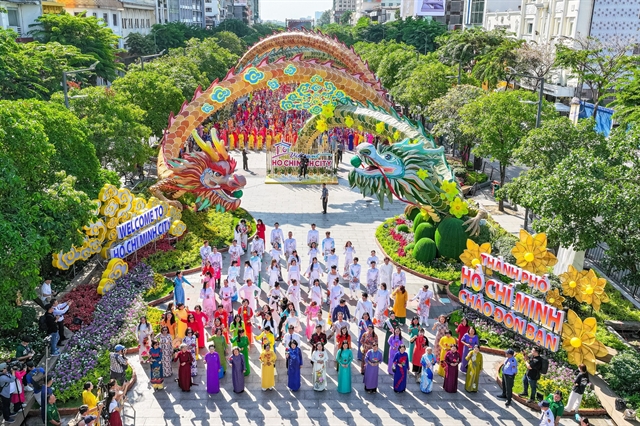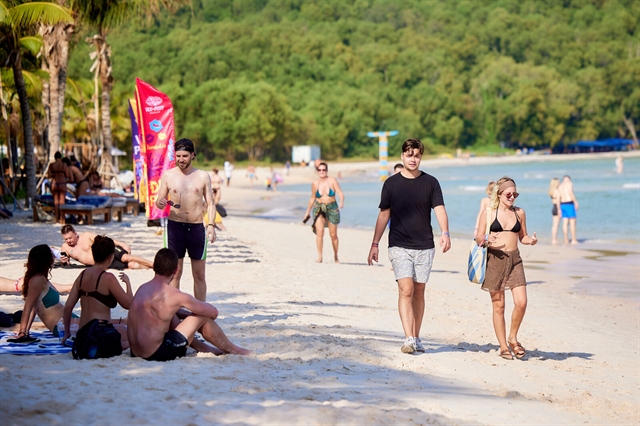.png) Media-OutReach Newswire
Media-OutReach Newswire
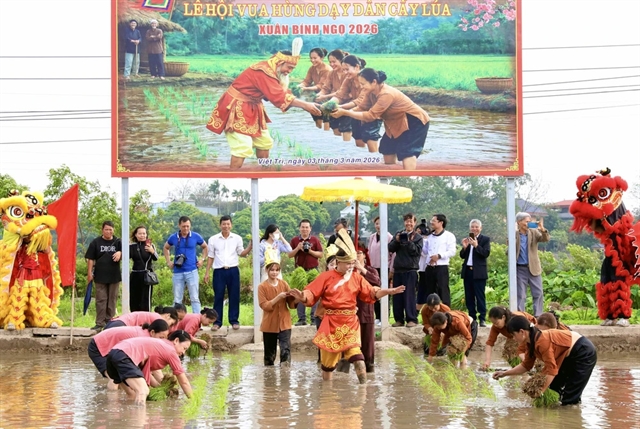
BANGKOK, THAILAND - Media OutReach - 4 June 2019 - Sponsored by Magnolia Quality Development Corporation,the Well-being Architecture, Technologyand Sustainability (WATS) Conference held on 3 June attracted1,000 participants from diverse professions.
Assoc. Prof. Dr. Singh Intrachooto, Chief Advisorof the Research & Innovation for Sustainability Center (RISC) under MQDC, declaredat the opening that, "Natural disasters, air pollution,climate change events are happening around the world and they affect not onlythe environment but all of us. WATSForum was born from our belief in core value of sustainability. We believe that only throughsharing knowledge can we stand a chance of creating a brighter, better,and happier future."
This annual platform brings togetherexperts to share their ideas, innovation, and success stories in preserving ourplanet. Four speakers shared theirinspiring implementation and ideas.

|
DashoTshering Tobgay, Former Prime Minister of Bhutan, inspired the audience toinvestigate ideas of happiness as he shared stories from 400 years ago, when the former King of Bhutanintroduced a philosophy that the government should provide happiness and well-being to the people. Forthe past 40 years, the BhutaneseMonarchy along with the government invented Gross National Happiness (GNH)to measure the nation'shappiness level. It has valued GNH or Gross National Happinessover GDP because the economy alone does not provide well-being for the people, he said.
GNHhas become a symbol of Bhutan. TheUnited Nations and many European countries are learning about this model toimplement it for the public good. Thegovernment of Bhutan conducts thorough 2-hour interviewsevery 5 years with large groups of people to measure their happiness levelbased on 9 important indices such as their living standard, health, education, andenvironment.
Tofurther affirm this philosophy of happiness, Mr.Tobgay added that, "We haveGNH of Business Certification with 56 indicators to measure the health andhappiness and well-being ofcompanies and their stakeholders. We arethus moving from a profit-drivenapproach, satisfying only the shareholders, to a holistic approach that includeseveryone among the stakeholders of operations."
Professor Michael Steven Strano,Carbon P. Dubbs Professor of Chemical Engineering at Massachusetts Institute ofTechnology (MIT) and the author of over 50 innovative papers, showcased an inspiring invention that canlight up cities as well as human creativity. Imagine reading a book by the light of a luminous plant. Through research and developmentin nano technology, Prof. Stranoand his team made awatercress shoot glow for 4 hours using luciferase, an enzyme that enablesfirefly to glow.
"We are able to inject thesechemicals into a living plant. For the first time we can hack theplant and put particles inside to interact with it. There's a long-standing idea of making treesilluminate along roadsides. Theycould take the place of streetlamps and wouldn'tneed an electricity supply, reducing power demand. We have also seen this idea in thepopular movie Avatar, whichdepicts light-emittingplants in its alien world," herevealed.
Assoc. Prof. Dr. Yodchanan Wongsawat from theFaculty of Engineering at Mahidol University is known as a pioneer in improvingthe quality of life of people with disabilities. Working with brain-computer interface (BCI) technology, he is able to use electricalactivity to help people move, cycle, and perform basic functions for themselves. There are about 2 million people withdisabilities in Thailand and 190 million around the world.
"Half my life has been dedicated tosolving this problem. Iwant to be able to create opportunities for people with disabilities to movethemselves because that'stheir dream, to do things for themselves instead of relying on canes,wheelchairs, or human assistance."
Dr. Yodchanan was able to create miraculouschanges in people'slives even bringing 2 clients to participate in the Cybathlon, which is aunique championship for people with physical disabilities to compete againsteach other using technological assistance.
Stefan De Koning, Senior AssociateArchitect from MVRDV, one of the most influential urban design practices in the world, offered a solution to solve theimpact of Bangkok'srapid population growth.
Bangkok's population is forecast to be 9.4 million by 2020 and 12.1 million by 2030. Mr. Koning suggested that Bangkokcould benefit from architecture models used around the world, such as in KemangJakarta, where traditional villages are built as vertical cities, with talltowers and stacked floors.
"The question is how we can improvequality of life while growing the city. There are 10,000 km of sois in Bangkok and these are placeswhere people feel safe, with a sense of community and tradition. In Kemang, Jakarta, we wererequested to build a large mixed-usedevelopment with restaurants, gardens and we stacked the villages literally. The housing is in a towerformation, same size as you would have at ground level. What we try to achieve here is tohave a high-risedevelopment which is community-centered. In that sense, could this besomething that could be applied in Bangkok? What if we were to stack the sois ontop of each other?"suggested Mr. Koning.
Bangkok ranked among the top 3 cities for pollution inthe world. Mr. Koning proposed that one potentialway to solve the problem could be to havebuses underground and to create sky bridges that connect destinations, makingthem educational walks with trees and nature. With climate change, there is noescaping rising water levels but there are ways to combat this. His ideas include trees alongsidethe Chao Praya River and adopting models that have worked in other cities tomake Bangkok resilient for the future.
Assoc. Prof. Dr. Singh Intrachooto concluded that, "If we all think about our societyand our environment, making that a priority, maybe we'll have a chance to create a happyfuture. Environment has not been our toppriority and we can change that now by focusing on the needs of this world, notjust humans but all living beings."
Asone of the leading property developers in Thailand, MQDC hopes to improve theindustry through its "sustainnovation" concept, which embraces novel solutionsfor individuals and communities to live well, both physically andpsychologically.
"WATS Forum 2019" will continue as an annual international conference with a primaryobjective of promoting the creation of sustainable well-being for all lives.
Research & Innovation for SustainabilityCenter (RISC) is aresearch hub for sustainable buildings with a focus on well-being thatprovides public information resources and operates an international network ofresearchers.
RISC's 990 sq.m base in Bangkokincludes Thailand's first office built to the specifications of the WELLBuilding Standard from the International WELL Building Institute (IWBI). The site's host of healthyand sustainable features includes Intelligent Systems that monitor and controlenergy consumption and indoor air quality (IAQ) across its 8specialized zones.
RISC is committed to making its resourcesaccessible to spur change within property sector. RISC curatesThailand's first 'eco-material library', for example,with publicly accessible samples and details of over 400 materials.
More information is available at www.risc.in.th
Magnolia Quality Development Corporation Limited (MQDC) is a propertydeveloper that develops, invests in, and manages residential, mixed-use, commercial,and hotel projects with a corporate commitment 'for all well-being'.
MQDC brands include Magnolias, Whizdom, The Aspen Tree,and Mulberry Grove, catering for a range of healthy, sustainable lifestyles.
The company provides an industry-leading 30-year warranty onits residential units in line with its exceptional construction standards.
Under its philosophy of 'sustainnovation' MQDC aims to leadits sector in sustainability. The company supports the Bangkok-based Research& Innovation for Sustainability Center (RISC), Asia's first researchbase for sustainable building with a focus on well-being.
MQDC is determined to operate with concern for all life onearth, advancing this agenda through sustainable development for the widerbenefit of society.
For more information, visit www.mqdc.com

